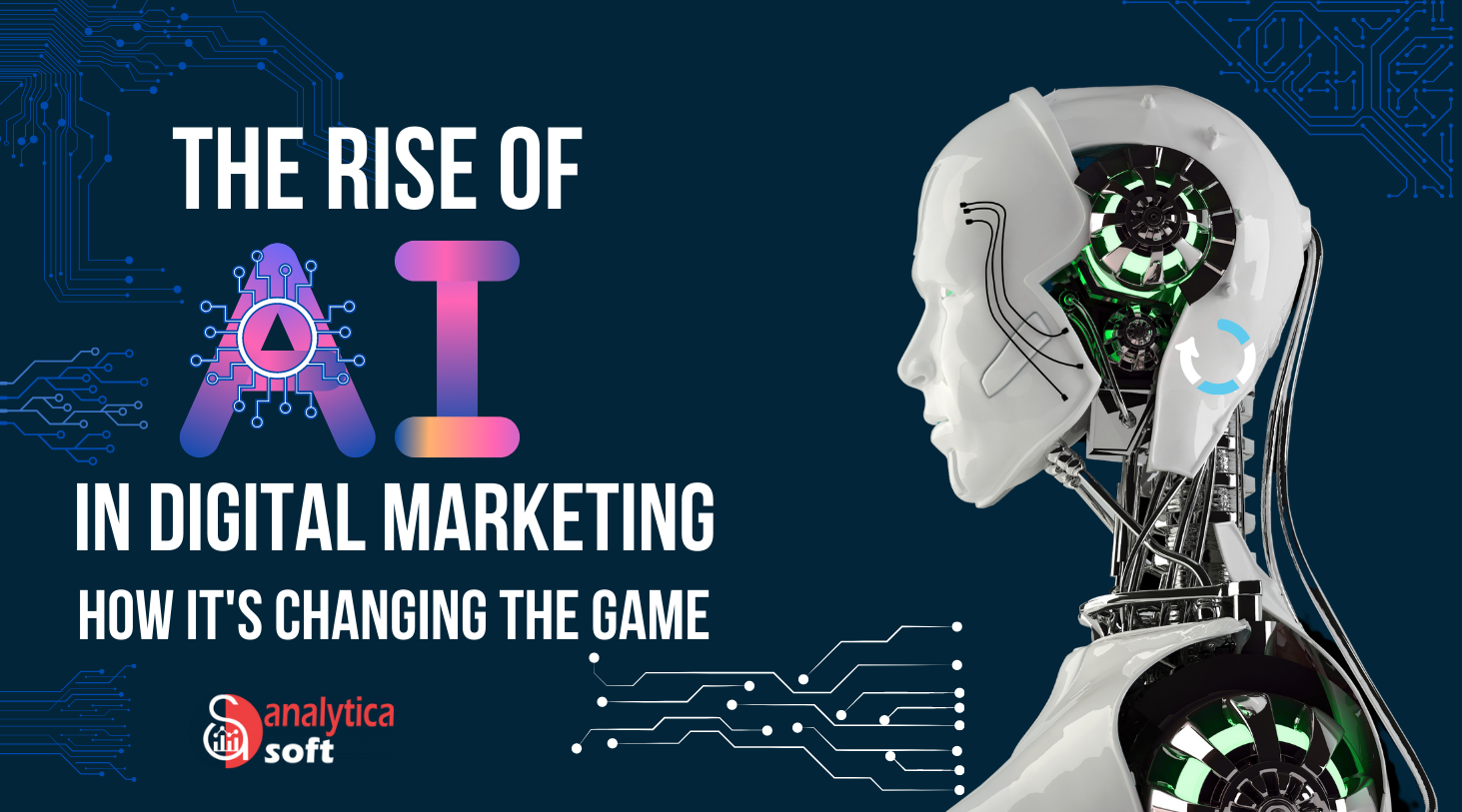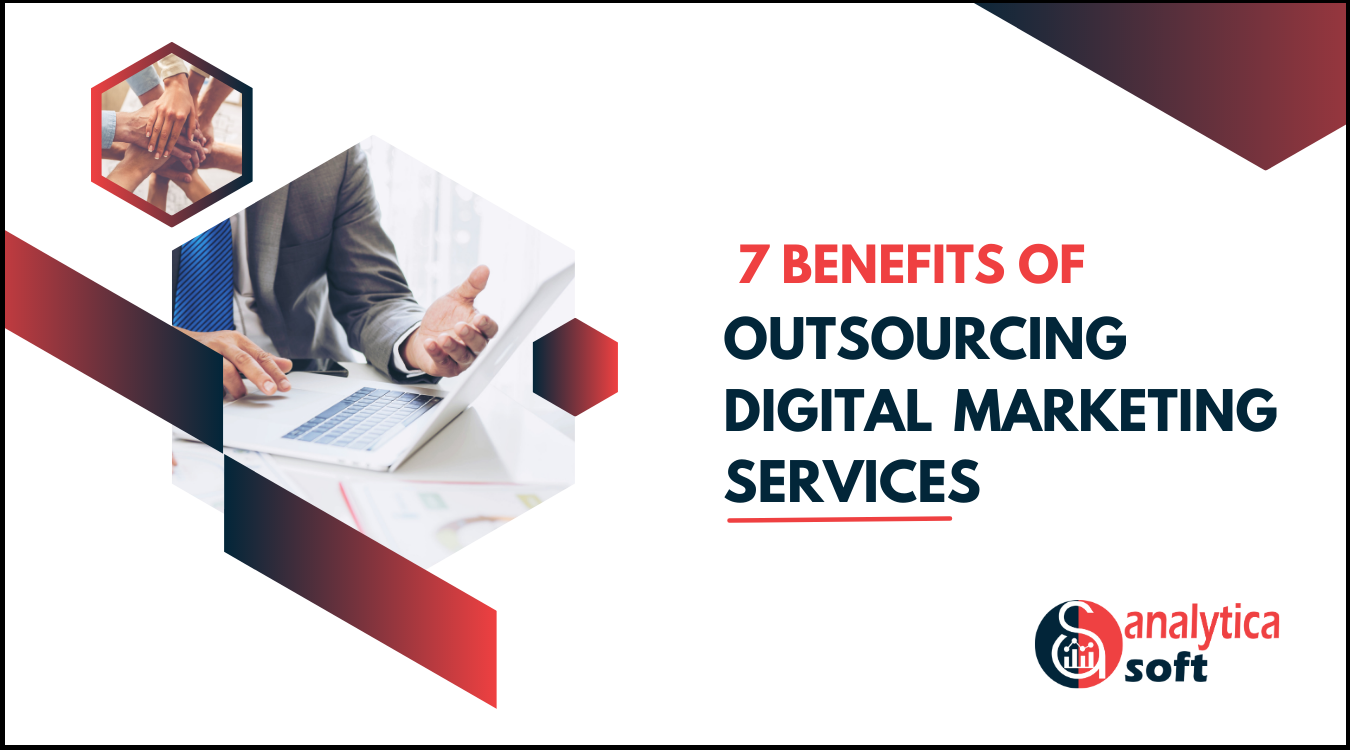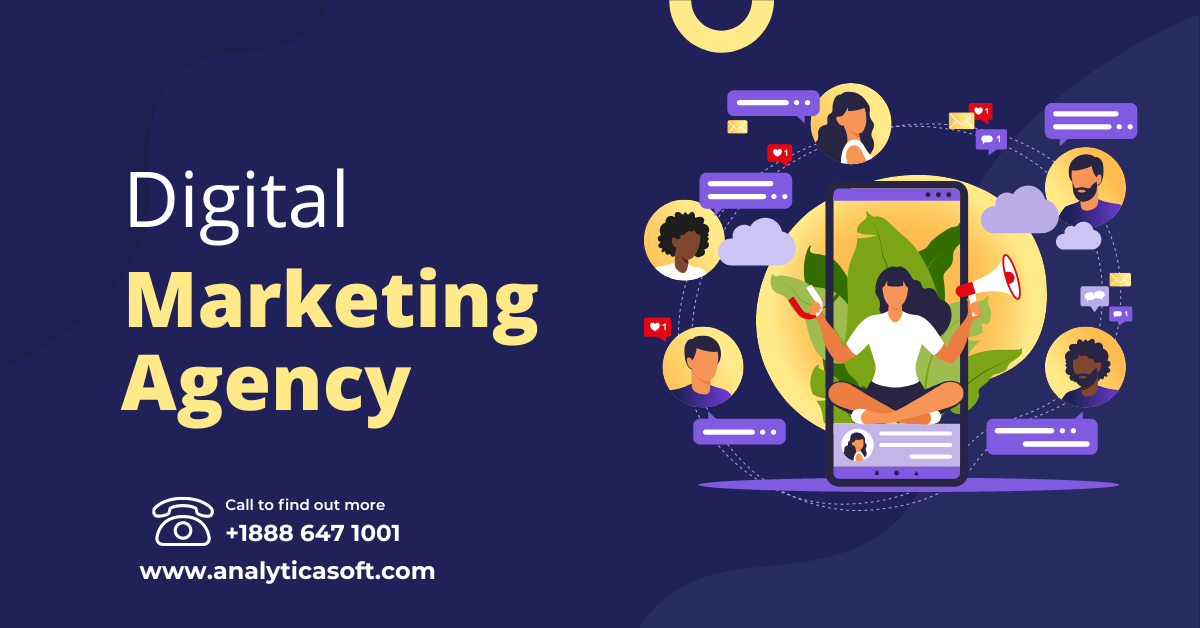By now it’s safe to assume that half the world knows of AI. For people living under the rock, AI stands for Artificial Intelligence, and it’s a technology that’s changing the world as we know it. AI is not just a buzzword. It’s a rapidly growing field of computer science that aims to make machines smarter, enabling them to perform tasks that traditionally require human intelligence.
With the help of AI, machines can recognize speech, make decisions, and even translate languages, just like humans do. Cool, right?
Now let’s talk about digital marketing.
Digital Marketing refers to the advertisement of products and services using digital channels such as search engines, social media, email, and websites. In today’s environment, when individuals spend the majority of their time online, digital marketing is critical, and traditional advertising approaches may not be as practical as they once were.
So, what is the connection between AI and Digital Marketing?
AI is changing the digital marketing scene by giving marketers tremendous tools for creating more personalized and effective campaigns. AI algorithms can spot patterns and trends in enormous amounts of data that humans would not be able to see, allowing specific audiences to be targeted with appropriate information. This means that businesses will be able to build more focused ads that will resonate with their customers, resulting in higher engagement and revenues.
AI is transforming digital marketing by allowing companies to deliver personalized experiences, acquire insights into customer behavior, automate tasks, and anticipate future results.
In this blog, we’ll discuss how AI is changing Digital Marketing as we know it.
1. Personalization
Personalization is all about creating tailored experiences for customers. By analyzing data on customer behavior, preferences, and history, marketers can create unique experiences for each customer.
AI algorithms can swiftly and accurately analyze vast volumes of data. Marketers may develop personalized experiences that adapt to each customer’s behavior and preferences in real time by employing machine learning.
Netflix is a good example of how artificial intelligence is utilized for personalization. Netflix’s recommendation system provides content that is personalized to each individual user by analyzing user viewing history. Amazon also employs AI software development for personalization, recommending products based on previous purchases and browsing behavior.
2. Marketing Automation
Marketing automation refers to the use of software and technology to automate repetitive marketing tasks such as email marketing, social media posting, and ad campaigns. Marketers may save time, boost efficiency, and improve the overall success of their campaigns by automating these operations.
AI-powered marketing automation tools can analyze customer data to identify patterns and predict behavior. This enables marketers to deliver more personalized and targeted campaigns, automate the decision-making process, and optimize campaigns in real time.
AI-powered marketing automation tools are used in various ways across digital marketing channels. For instance, chatbots powered by AI can be used to automate customer service inquiries and provide a personalized experience. In social media marketing, AI-powered tools can automatically generate and schedule posts based on audience engagement data. In email marketing, AI can analyze customer data to optimize subject lines, content, and delivery times for higher open rates and click-through rates.
3. Predictive Analysis
Predictive analytics is the use of statistical algorithms and machine learning techniques to identify patterns and predict future outcomes. Predictive analytics is used in digital marketing to anticipate customer behavior and optimize marketing efforts accordingly.
AI algorithms can analyze massive volumes of data from a variety of sources, such as website interactions, social media behavior, purchase history, and more. AI development enables predictive analytics to give more accurate and relevant insights by finding patterns and trends that humans would be unable to notice.
One example of predictive analytics in digital marketing is the use of customer lifetime value (CLV) models. CLV models use past customer behavior to predict the future value of each customer, allowing marketers to focus their efforts on the most profitable segments. Another example is lead scoring, which uses data on a lead’s behavior and characteristics to predict the likelihood of conversion, allowing marketers to prioritize follow-up efforts accordingly.
The Future…
As technology advances, the future of AI in digital marketing will undoubtedly evolve. AI is likely to become more powerful and integrated with other modern technologies such as augmented and virtual reality, voice search, and more! AI will also be employed more extensively in all aspects of digital marketing, such as content creation, SEO, and advertising.
As AI continues to transform the digital marketing game, it is important for businesses to embrace this technology and incorporate it into their marketing strategies. However, it is also essential to strike a balance between automation and a human touch, as customers still value genuine interactions and personal connections with brands. By leveraging the power of AI while maintaining a human touch, businesses can create truly innovative and successful digital marketing campaigns.


